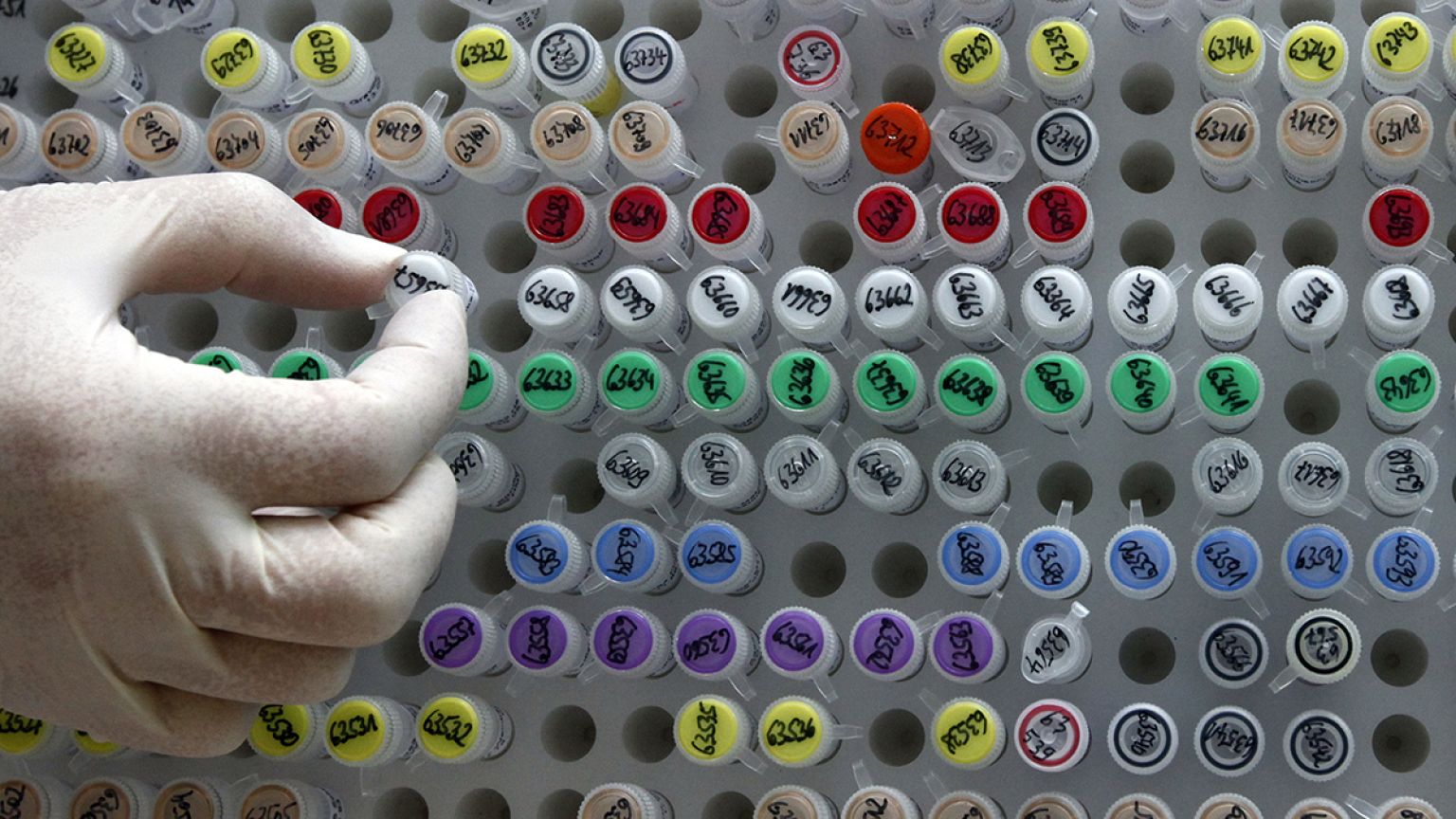Twenty-six women receiving a specialised fertilisation treatment in Utrecht may have been fertilised using sperm from the wrong donor.
Twenty-six women receiving a specialised fertilisation treatment in Utrecht may have been fertilised using sperm from the wrong donor.
Utrecht’s University Medical Centre says it is investigating a “procedural error”, lasting from mid-April 2015 until mid-November 2016, which may have led to the use of sperm cells in several fertilisation treatments from a man who was not the intended father.
The medical centre in a statement says it has launched an investigation into the cause of the error.
It says the sperm cells used may have come from another couple also receiving treatment at the centre.
“In these cases, there is a chance that the ova have been fertilized by sperm cells from a man other than the intended father,” the centre said. “The chance is small, but cannot be ruled out. Half of the women involved have now given birth or are pregnant.”
Nine women receiving treatment have given birth, four are pregnant and the 13 others have their embryos frozen.
The couples involved in the treatment have been informed of the possible error, the centre says, which has also sent a report to the Dutch Healthcare Inspectorate.
“The supervisory board regrets having to burden the couples involved with this news and everything will be done to provide clarity for everyone as soon as possible”, the centre said. “For the couples involved, a personal meeting with the treating doctor will take place in the near future during which their questions can be answered”.
The centre says it is also consulting with couples to determine if they wish to have their frozen embryos replaced.
The Utrecht medical centre specialises in a fertilisation process known as Intra-cytoplasmic sperm injection (ICSI), in which a single sperm cell is injected using a pipette into an egg.
It is suspected that a lab technician used a pipette in the treatment of several womens’ ova at the centre. The pipette contained traces of another man’s sperm.
This is not the first time a fertilisation treatment centre comes under fire.
In 2012, a mother in Singapore sued a fertilisation clinic for negligence when she suspected the clinic used sperm that was not her husband’s.
The child, born in 2010, had a different hair and skin colour than the child’s intended father.















